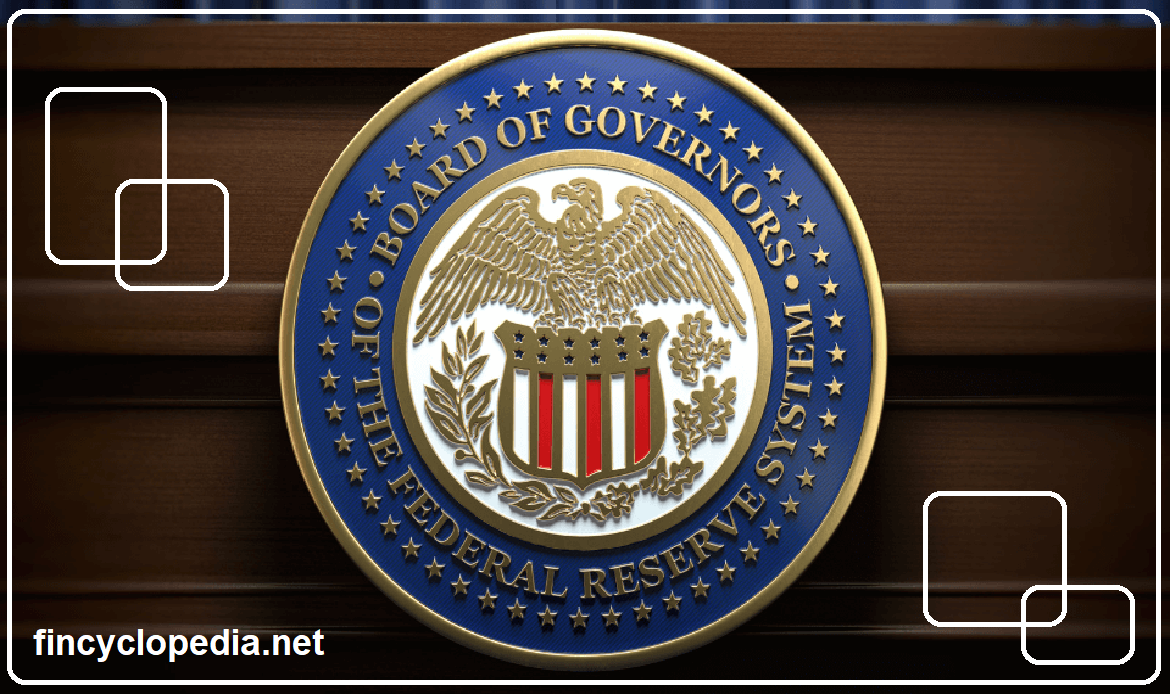It stands for federal funds rate; the interest rate at which banks and other depository institutions, in the USA, lend money to each other, typically on an overnight basis. By law, banks are required to maintain a certain proportion of the depositors’ money on reserve, (as a fraction of the total deposits, which cannot be recirculated into the banking system by means of loans, and hence no interest can be eared on it. Therefore, banks lend whatever is available beyond the reserve limit at the fed funds rate (federal funds rate).
This rate is similar to the federal discount rate, as the Federal Reserve bank uses both to control the supply of money in the economy and hence, inflation and other interest rates. If the fed is set on increasing the cost of borrowing in the banking sector (and as result, lowering the money supply), it raises the fed funds rate. This has the effect of driving up the short-term interest rates and helps curbing inflation.
If the target is to reduce short-term interest rates, the fed may seek to lower the fed funds rates.





